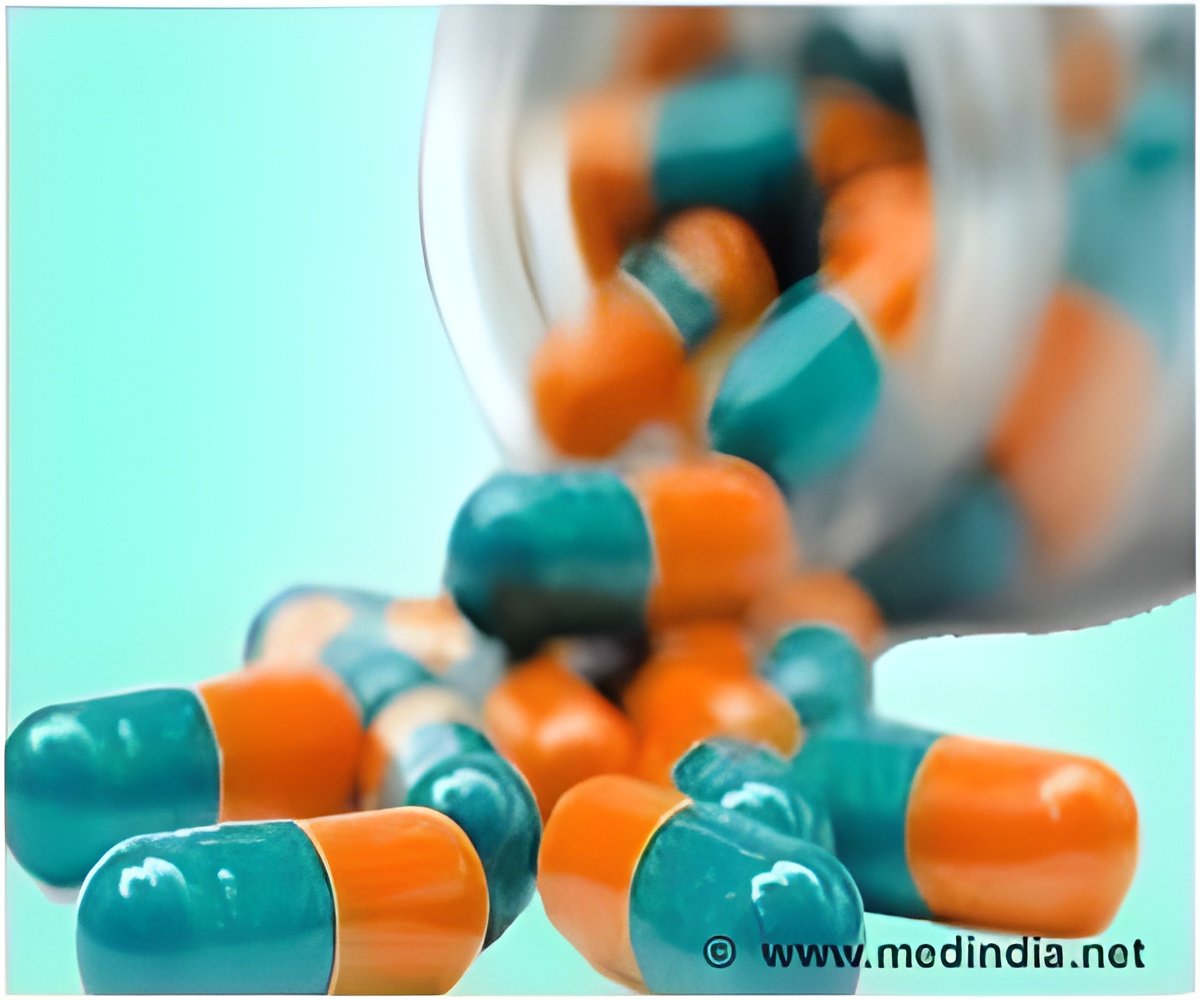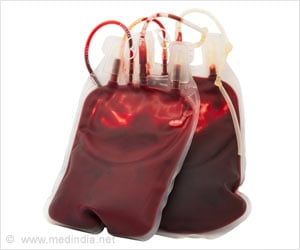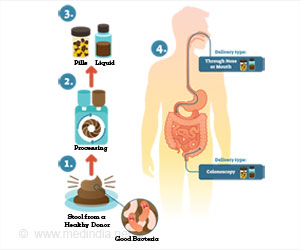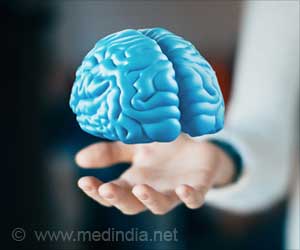Parkinson's disease (PD) may soon be cured by the new drug formulation that helps reduce Parkinson's pathology.

‘Parkinson's disease (PD) may soon be cured by the new drug formulation that helps reduce Parkinson's pathology—abnormal accumulation of Lewy bodies.
’





The typical characteristic of PD is accumulation of abnormally misfolded protein — alpha-synuclein (αS) known as Lewy bodies — that triggers dopamine loss. "A lot of work still needs to happen, but this molecule has the potential to be a pre-cursor to a drug. Today there are only medicines to treat the symptoms of Parkinson’s—we hope to develop a drug that can return people to good health even before symptoms develop," says Prof. Jody Mason, who led the research from the department of biology and biochemistry at University of Bath.
Potential Drug for Parkinson’s Disease
There have been several efforts to target and ’detoxify’ αS-induced neurodegeneration and potentially find a cure for PD.
Recently, the study team has found that a new version of a peptide 4554W—4654W(N6A) has been proven to significantly reduce the αS misfolding, aggregation, and toxicity. However, further experiments are required to extract the benefits of the molecule as a complete cure for PD.
Advertisement
Source-Medindia









